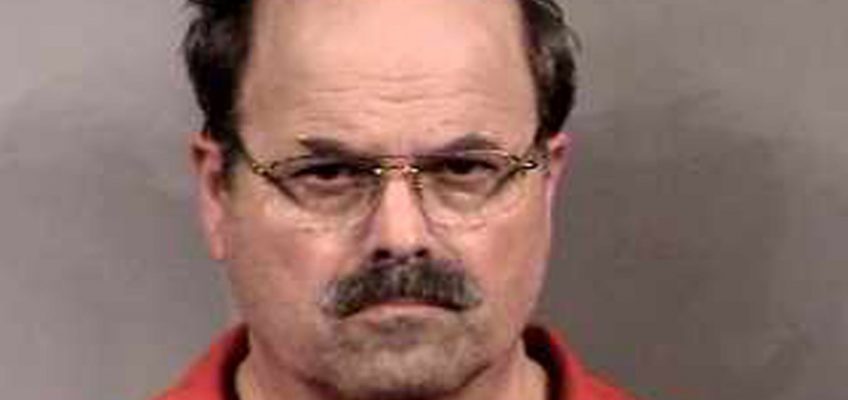Today is Saturday, March 1, the 60th day of 2025. There are 304 days left in the year.
Today in history:
On March 1, 2005, Dennis Rader, the churchgoing family man accused of leading a double life as the BTK serial killer, was charged in Wichita, Kansas, with 10 counts of first-degree murder. (Rader later pleaded guilty and received multiple life sentences.)
Also on this date:
In 1872, President Ulysses S. Grant signed the Yellowstone National Park Protection Act, making Yellowstone the nation’s first national park.
Related Articles
Today in History: February 28, the Waco Siege begins
Today in History: February 27, the German Reichstag fire
Demolition continues on the Hamline-Midway Library in St. Paul
Today in History: February 26, World Trade Center bombing of 1993
Photo gallery: Throwback Thursday
In 1932, Charles A. Lindbergh Jr., the 20-month-old son of Charles and Anne Lindbergh, was kidnapped from the family home in East Amwell Township, New Jersey. (Remains identified as those of the child were found two months later.)
In 1954, four Puerto Rican nationalists opened fire from the spectators gallery of the U.S. House of Representatives, wounding five members of Congress.
In 1961, President John F. Kennedy signed an executive order establishing the Peace Corps; since its establishment, over 240,000 Americans have served as Peace Corps volunteers.
In 1966, the Soviet space probe Venera 3 made contact with the surface of Venus, becoming the first spacecraft to reach another planet. Venera was unable to transmit any data, however, because its communications system failed.
In 1971, a bomb went off inside a men’s room at the U.S. Capitol. The radical group Weather Underground claimed responsibility for the pre-dawn blast, which damaged the building but resulted in no injuries.
In 1974, seven people, including former Nixon White House aides H.R. Haldeman and John D. Ehrlichman; former Attorney General John Mitchell; and former assistant Attorney General Robert Mardian, were indicted by a grand jury on charges of conspiring to obstruct justice in connection with the Watergate break-in. (These four defendants were convicted in January 1975, though Mardian’s conviction was later reversed.)
Today’s birthdays:
Rock singer Roger Daltrey is 81.
Actor Dirk Benedict is 80.
Sen, Deb Fischer, R-Neb., is 74.
Filmmaker Ron Howard is 71.
Actor Tim Daly is 69.
Hockey Hall of Famer Ron Francis is 62.
Filmmaker Zack Snyder is 59.
Actor Javier Bardem is 56.
Basketball Hall of Famer Yolanda Griffith is 55.
Basketball Hall of Famer Chris Webber is 52.
Actor Mark-Paul Gosselaar is 51.
Actor Jensen Ackles is 47.
Actor Lupita Nyong’o is 42.
Pop singer Kesha is 38.
Pop singer Justin Bieber is 31.




